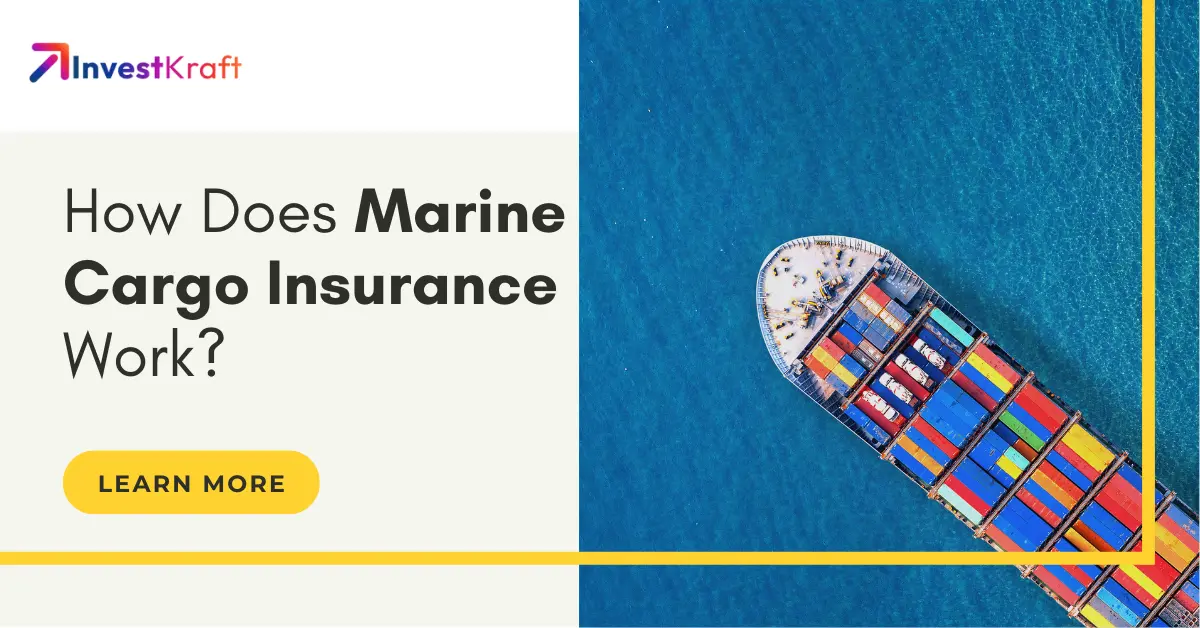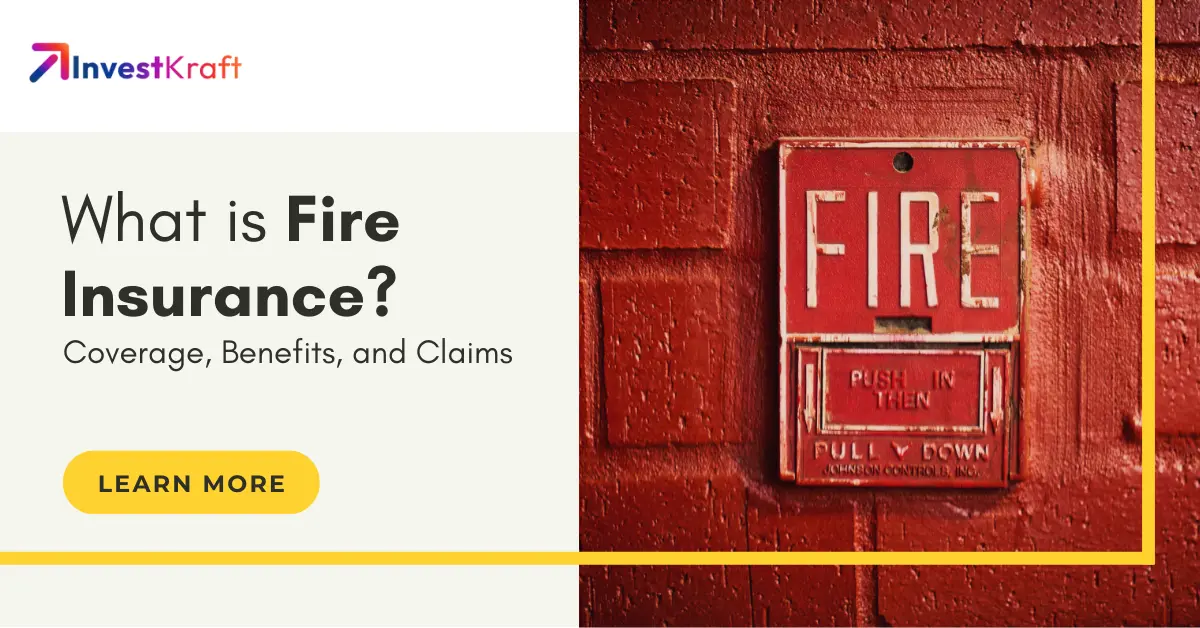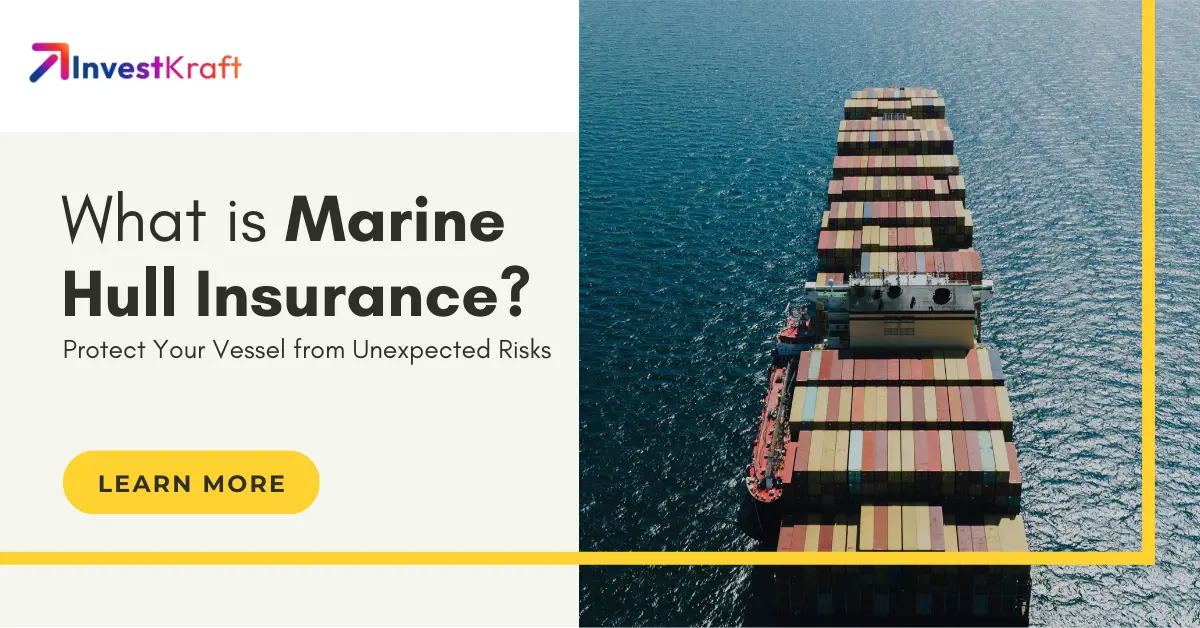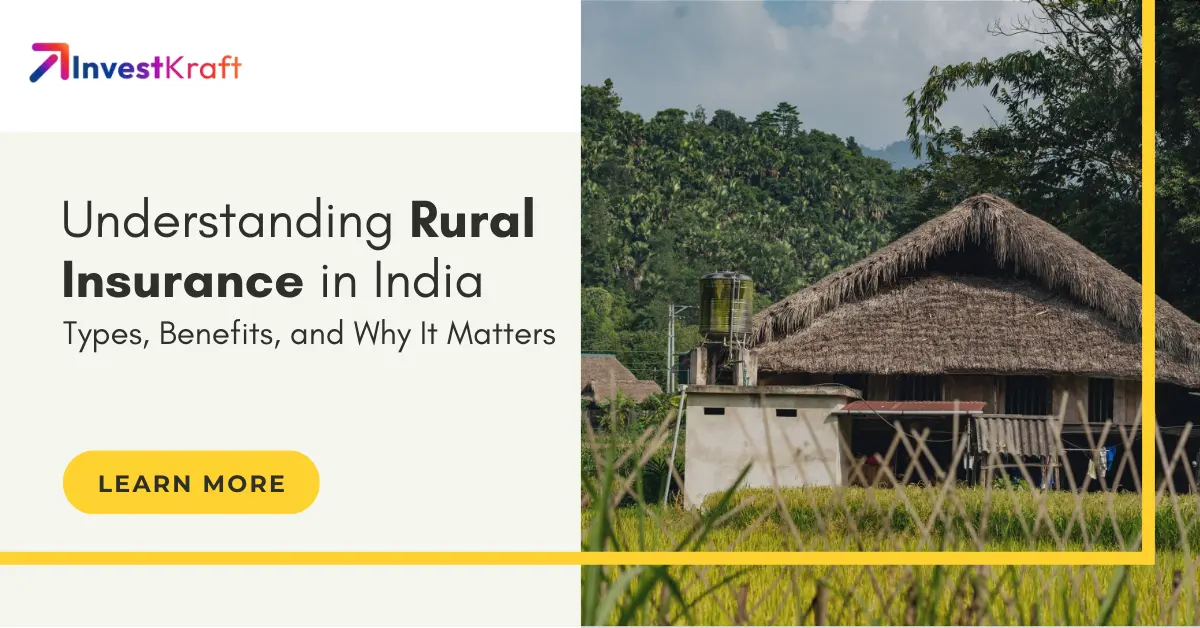Engineering Insurance: A Complete Guide to Protecting Your Projects in 2025

In the ever-evolving engineering world, where projects are becoming increasingly complex and risks are constantly changing, having the right insurance in place is important. Taking it lightly can result in financial trouble. Engineering insurance is a specialized commercial insurance that safeguards businesses against financial losses associated with various engineering projects. For many small and big engineering companies, engineering insurance has proved to be a boon.
This blog post will serve as your guide to engineering insurance, delving into its complexities and equipping you with the knowledge to make informed decisions. We have covered some information from the fundamentals of engineering insurance to its various types, benefits, the application process, and more.
What is Engineering Insurance?
Engineering insurance is a comprehensive insurance policy designed to protect businesses involved in construction, design, and other engineering activities from financial losses arising from unforeseen circumstances. These unexpected circumstances can include:
- Property damage: This covers damage to physical assets like machinery, buildings, and equipment used during a project.
- Contractual liability: If your engineering work fails to meet the agreed-upon specifications in a contract, this insurance can cover the costs associated with rectifying those errors.
- Third-party liability: In the event that your engineering project causes injury or damage to a third party or their property, this insurance can provide financial protection.
- Business interruption: If your project is halted due to a covered event, this insurance can help compensate for lost income during the downtime.
Why is Engineering Insurance Important?
The engineering industry is fundamentally risky. Projects are often complex, and unforeseen circumstances can arise at any stage. Engineering insurance acts as a financial safety net, mitigating the financial burden of these unforeseen events. Here you can have a closer look at the key benefits of engineering insurance:
- Financial Protection: Engineering insurance safeguards your business from substantial financial losses due to property damage, project delays, or third-party claims.
- Peace of Mind: Knowing you have insurance in place can provide peace of mind, allowing you to focus on delivering successful projects without the constant worry of financial repercussions.
- Enhanced Client Confidence: Having engineering insurance demonstrates to clients your commitment to risk management and protects their interests in the project.
- Contractual Requirement: Many engineering contracts mandate that contractors hold engineering insurance to protect the project owner from financial risks.
EXAMPLE
Let us enhance our understanding of Engineering Insurance with an example discussed below:
Here is a fictionalized example of an incident in an Indian industrial area where an MSME engaged in fabrication work incurs loss and receives compensation under engineering insurance benefits:
The Scenario:
In a busy industrial hub near Delhi, a small fabrication workshop, "SteelCraft," was thriving. They specialized in custom metal fabrication, crafting intricate designs for various industries. Mr. Ravi, the owner, was meticulous in his work, ensuring quality and timely delivery. However, a sudden, unexpected event threw his business into disorder.
One scorching summer afternoon, a severe thunderstorm swept through the region. Heavy rains, accompanied by strong winds, lashed down on the workshop. The sudden downpour overwhelmed the drainage system, leading to rapid waterlogging within the workshop premises. The rising floodwaters quickly inundated the workshop floor, reaching alarming levels.
The submerged machinery, including a crucial CNC cutting machine, a welding rig, and several hand tools, suffered severe water damage. The electrical systems were short-circuited, rendering them inoperable. The raw materials, including sheets of steel, aluminum, and brass, were severely corroded by the floodwater. Several partially finished orders were damaged beyond repair, risking SteelCraft's reputation and future contracts.
The Claim and Compensation:
Shocked by the unforeseen incident, Mr. Ravi contacted his insurance agent. He had the foresight to insure his workshop under an Engineering Insurance policy, specifically covering losses due to natural disasters, fire, and machinery breakdown.
The insurance company promptly dispatched a team of surveyors to assess the damages. They meticulously documented the extent of the water damage, the affected equipment, and the financial losses incurred by SteelCraft. After a thorough evaluation, the insurance company approved Mr. Ravi's claim.
The compensation received from the insurance company provided a crucial lifeline for SteelCraft. It helped Mr. Ravi to:
- Repair and Replace Damaged Machinery: The CNC cutting machine, a vital asset, was repaired, and the welding rig was replaced with a new, more efficient model.
- Replace Damaged Raw Materials: The corroded materials were disposed of safely, and new, high-quality materials were procured.
- Meet Financial Obligations: The compensation helped cover the immediate financial losses, such as employee wages and outstanding debts.
- Resume Operations: With the necessary equipment and materials restored, SteelCraft was able to resume operations relatively quickly, minimizing the disruption to their business.
Key Takeaways:
This incident highlights the critical role of Engineering Insurance for MSMEs in the manufacturing sector. By investing in appropriate insurance coverage, businesses can lessen the financial impact of unforeseen events like natural disasters, equipment breakdowns, and accidental damage.
Types of Engineering Insurance:
Engineering insurance encompasses a wide range of coverage options, each tailored to address specific engineering disciplines and project risks. Here are some of the most common types of engineering insurance:
- Contractor's All-Risk Insurance (CAR): This broad form of insurance covers physical loss or damage to property caused by fortuitous events during construction.
- Erection All-Risks Insurance: This insurance protects the insured's property while it's being assembled or installed at the project site.
- Completed Value Insurance: This covers the finished project against various perils after construction is complete.
- Boiler and Machinery Insurance (B&M): This insurance safeguards boilers, pressure vessels, and other machinery against breakdowns and operational risks.
- Professional Indemnity Insurance (PI): This insurance protects engineers from claims of negligence arising from faulty designs or errors in professional services.
Who typically needs Engineering Insurance?
This coverage is essential for:
- Contractors: General contractors, subcontractors (specialists like electricians, plumbers).
- Engineers & Architects: To protect against professional negligence claims.
- Project Owners: To safeguard their investments from construction-related losses.
- Manufacturers: Covering product liability and machinery breakdown.
Facts & Figures: Engineering Insurance in India
- The Indian engineering insurance market is growing steadily, with an annual growth rate of around 8-10%.
- Infrastructure and construction projects contribute significantly to the demand for engineering insurance.
- Key players in the Indian market include ICICI Lombard, Aditya Birla Capital, and Liberty Insurance.
- The government’s focus on infrastructure development under schemes like Make in India and Smart Cities Mission is driving the market’s expansion.
How to Apply for Engineering Insurance?
The application process for engineering insurance typically involves the following steps:
- Contacting an Insurance Broker or Agent: An experienced insurance professional can assess your specific needs and recommend the most suitable engineering insurance policy.
- Providing Project Details: You will need to furnish the insurance provider with comprehensive details about your engineering project, including its scope, timeline, and potential risks.
- Risk Assessment: The insurance company may conduct a risk assessment to evaluate the project's inherent risks and determine the appropriate premium.
- Policy Selection and Customization: Based on the risk assessment and your specific requirements, you can choose an insurance policy and customize it with the necessary coverage options.
Rate of Interest and Other Charges
The premium for engineering insurance depends on several factors, including:
- Project Size: Larger projects typically have higher premiums.
- Type of Coverage: Comprehensive policies with wider coverage have higher costs.
- Risk Assessment: Projects in high-risk areas may attract higher premiums.
- Claim History: Businesses with a clean claim history might get discounts.
Insurers may also charge additional fees for policy issuance, endorsements, or administrative tasks. It’s crucial to review the policy documents carefully for a breakdown of all costs.
What are some common exclusions in Engineering Insurance policies?
- Losses due to war, terrorism, or nuclear events.
- Intentional acts of negligence or fraud.
- Wear and tear, gradual deterioration, or inherent vices of materials.
- **Losses arising from delays caused by the insured's own negligence.
Challenges of Engineering Insurance:
Here are some of the most common challenges of engineering insurance:
- Complex Policy Structures: Understanding the terms and conditions of engineering insurance policies can be overwhelming, requiring professional guidance.
- Premium Costs: High premiums might deter small businesses, although the benefits often outweigh the costs.
- Claim Settlement Delays: Complicated documentation and procedural delays may affect the timely settlement of claims.
Final Thought
Engineering insurance is an invaluable tool for businesses operating in the engineering sector. By understanding its various aspects, you can make informed decisions about safeguarding your projects and ensuring the financial stability of your business. Remember, consulting with an insurance professional is vital to ensure you get the right coverage for your specific needs.
You can connect with our expert representatives at InvestKraft to understand various insurance products for your family, vehicle, life insurance, health insurance, and more.
FAQs
1. What is covered under engineering insurance?
Engineering insurance covers risks related to construction, machinery breakdown, electronic equipment, and operational hazards, depending on the specific policy type.
2. Why is engineering insurance important for businesses?
It provides financial protection against unexpected losses, ensures business continuity, and helps meet contractual and legal requirements.
3. What types of businesses need engineering insurance?
Businesses in the construction, manufacturing, and engineering sectors, as well as contractors and project developers, benefit from engineering insurance.
4. How can I choose the right engineering insurance policy?
Assess your business risks, compare policies from different insurers, and consult an expert to select the most suitable coverage.
5. Are there any exclusions in engineering insurance policies?
Common exclusions include normal wear and tear, intentional damages, and pre-existing defects. Always review the policy documents for specific exclusions.
6. How are engineering insurance premiums calculated?
Premiums are based on factors like project size, type of coverage, risk assessment, and claim history.
7. Can small businesses afford engineering insurance?
Yes, many insurers offer customizable policies with affordable premiums for small and medium-sized enterprises.
8. What documents are required to apply for engineering insurance?
Documents may include project blueprints, machinery details, financial records, and risk assessment reports.
9. How long does it take to settle an engineering insurance claim?
Claim settlement timelines vary depending on the complexity of the claim and the insurer’s procedures. Prompt documentation can speed up the process.
10. How does engineering insurance contribute to project success?
By mitigating risks and ensuring financial protection, engineering insurance helps projects stay on track, avoiding costly delays and disruptions.

Author: Rajesh Mishra
Rajesh Mishra is a professional and multilingual writer with over 12+ years of versatile experience in content writing.
He has crafted compelling narratives across a diverse array of industries, including BFSI, fintech, IT, pharmaceuticals, e-commerce, education, fashion, and more. He is a commerce graduate from Mumbai University. His strong academic foundation and passion for storytelling enable him to engage audiences and deliver impactful content.
He is adept at transforming complex concepts into clear, relatable language, making his work accessible to both, industry professionals and everyday readers. He thrives in dynamic environments, leveraging his extensive knowledge to create articles, blogs, whitepapers, and marketing materials that resonate with target audiences. Driven by a commitment to excellence and a keen eye for detail, Rajesh Mishra continuously explores emerging trends and technologies, ensuring his content remains relevant and thought-provoking.
















